

Exercise and healthy lifestyles can lower the risk of cancer or the symptoms of cancer treatment despite having genetic dispositions, said Neil M. Iyengar, MD.

Hypofractionated radiotherapy yields less financial toxicity than conventionally fractionated radiotherapy in patients with breast cancer who have undergone reconstruction following mastectomy.
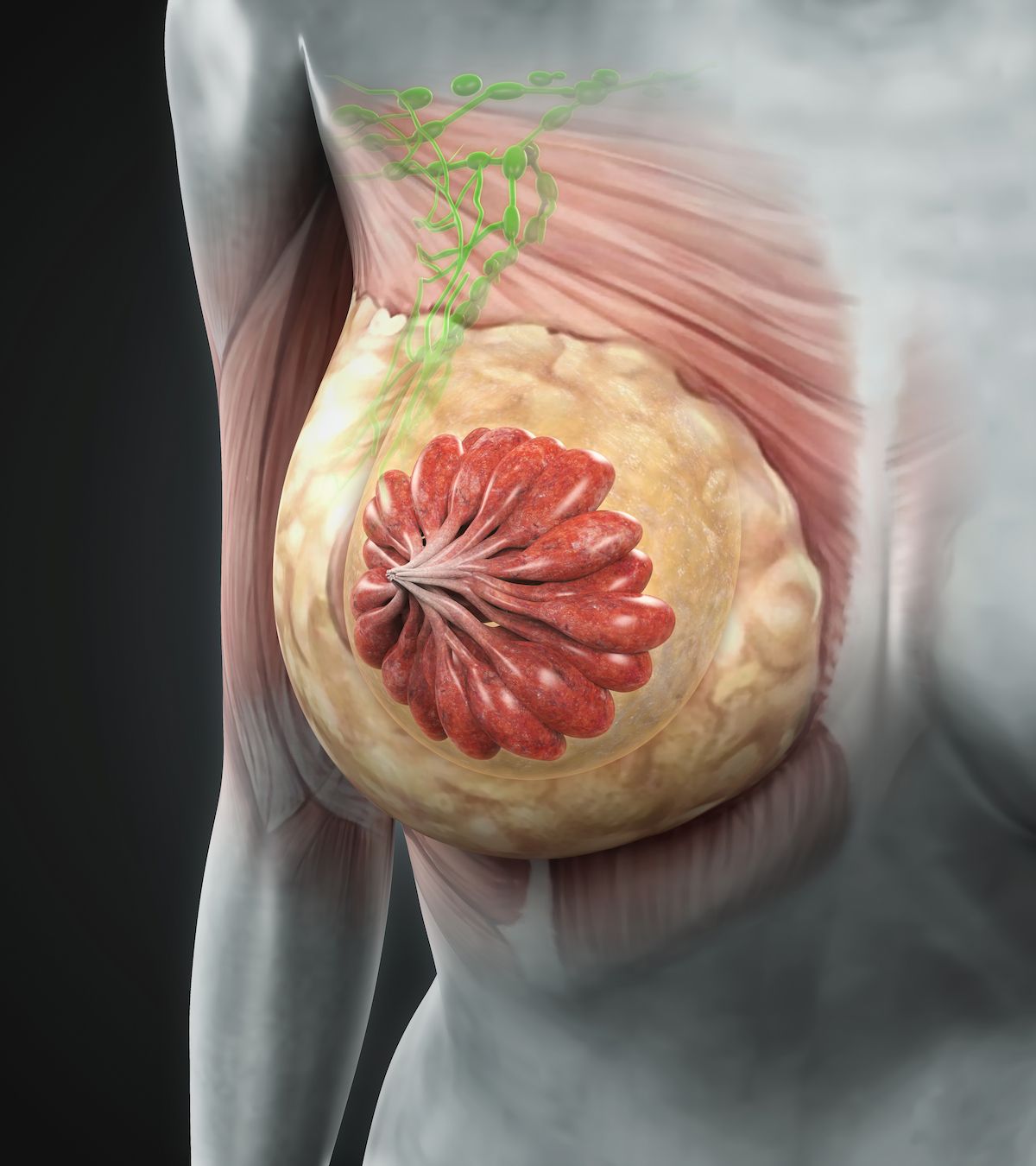
Despite seeming to elicit more pathological complete responses in patients with hormone receptor–positive, HER2-negative triple-negative breast cancer receiving neoadjuvant chemotherapy, diet and exercise did not affect relative dose intensity.
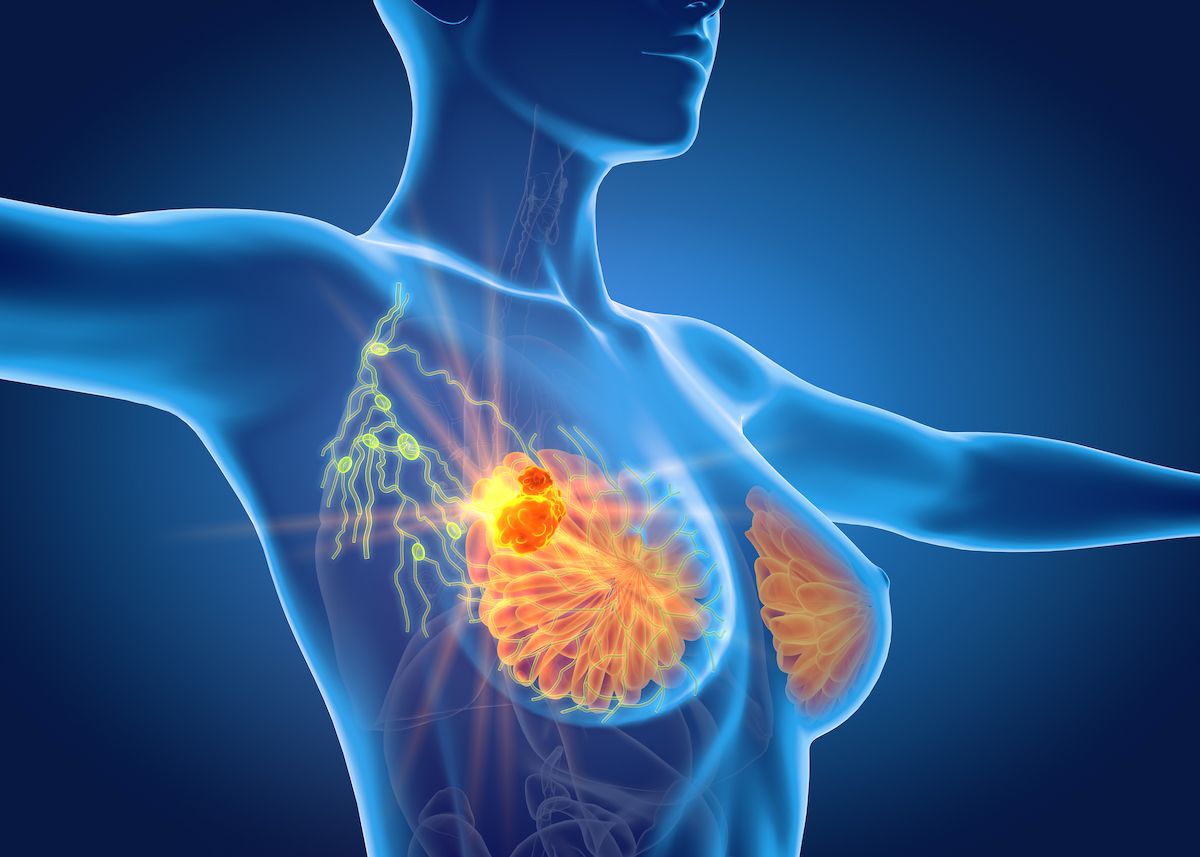
Implementation of a personalized, proactive care pathway for breast cancer survivors will be evaluated in future clinical trials, according to one of the authors of a pilot implementation study.
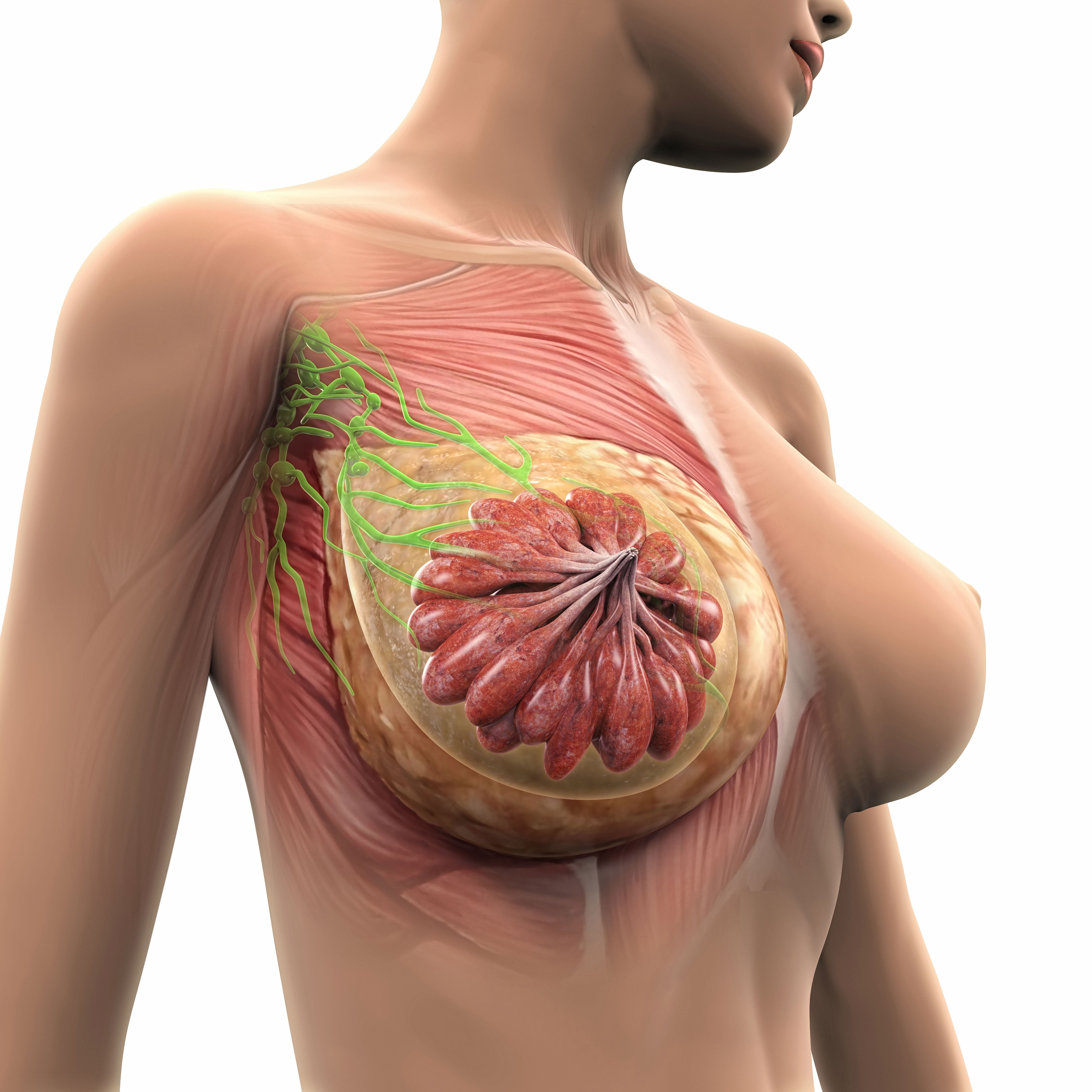
Between 2004 to 2016, investigators reported that mammography rates decreased among breast cancer survivors.
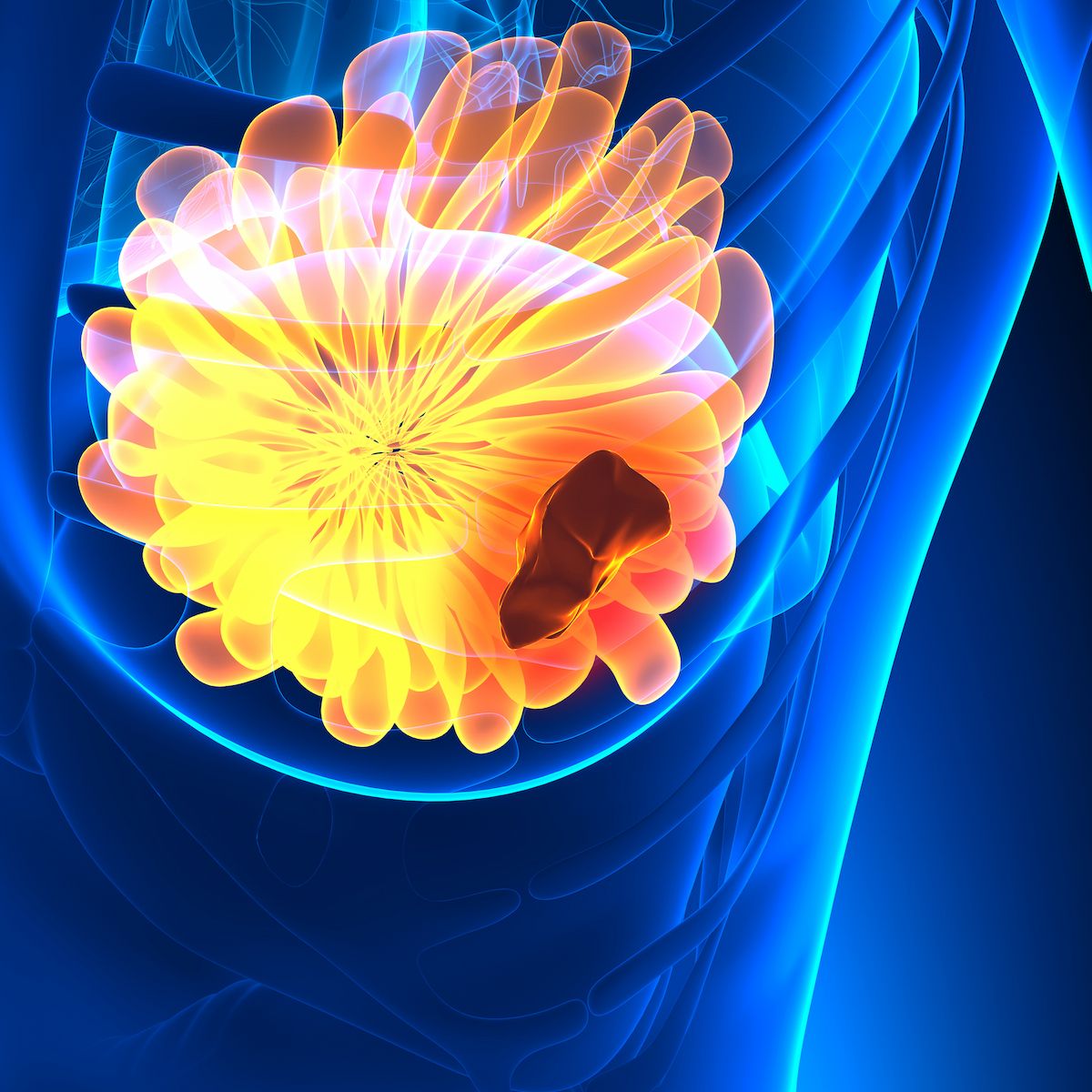
Compared with a wait-list control group, mindful awareness practices and survivorship education significantly reduced depressive symptoms from preintervention to postintervention in younger survivors of breast cancer.
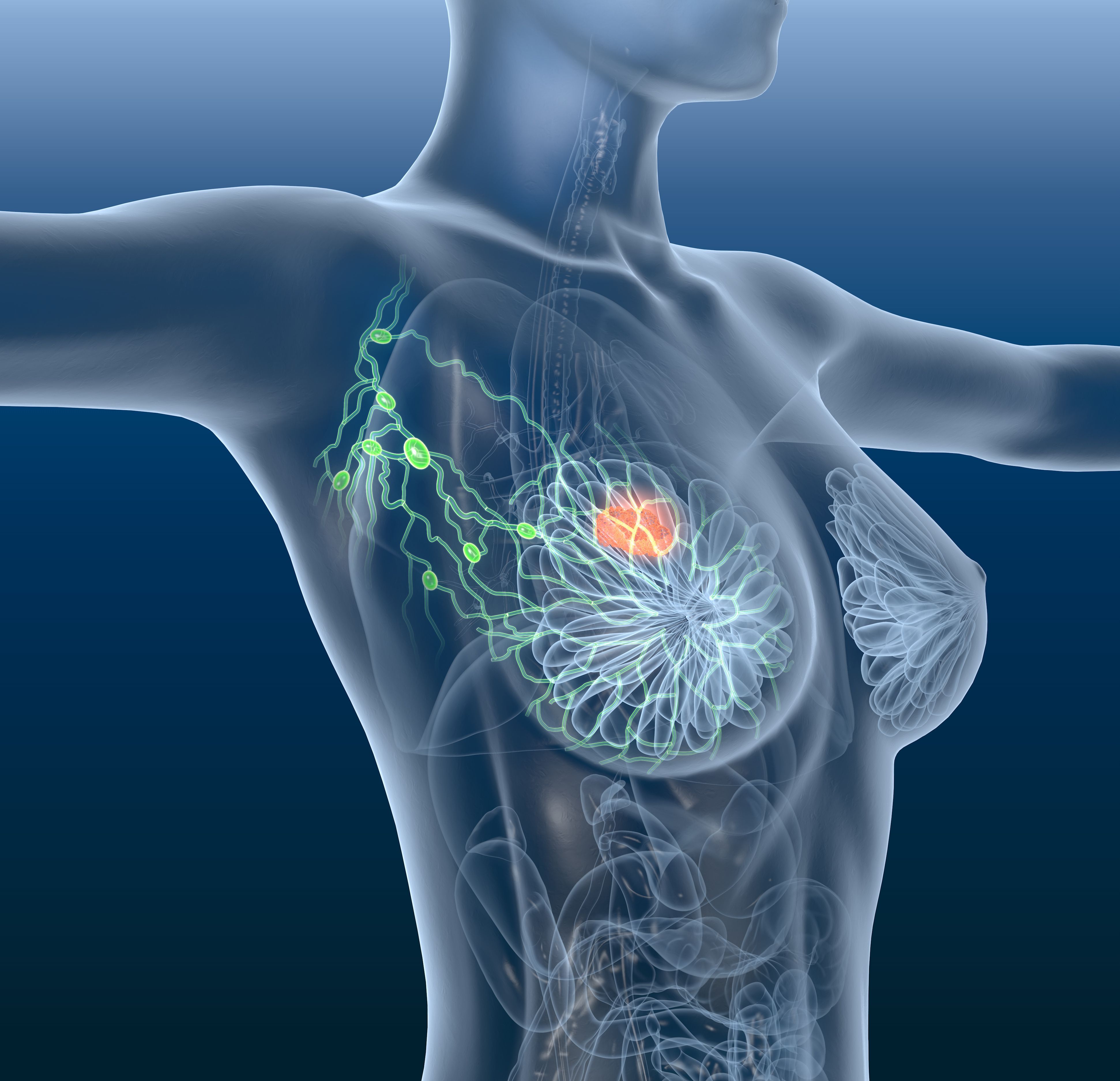
Breast cancer risk was estimated among survivors of pediatric cancer who were treated with chest radiation with a newly developed and validated breast cancer risk prediction model.
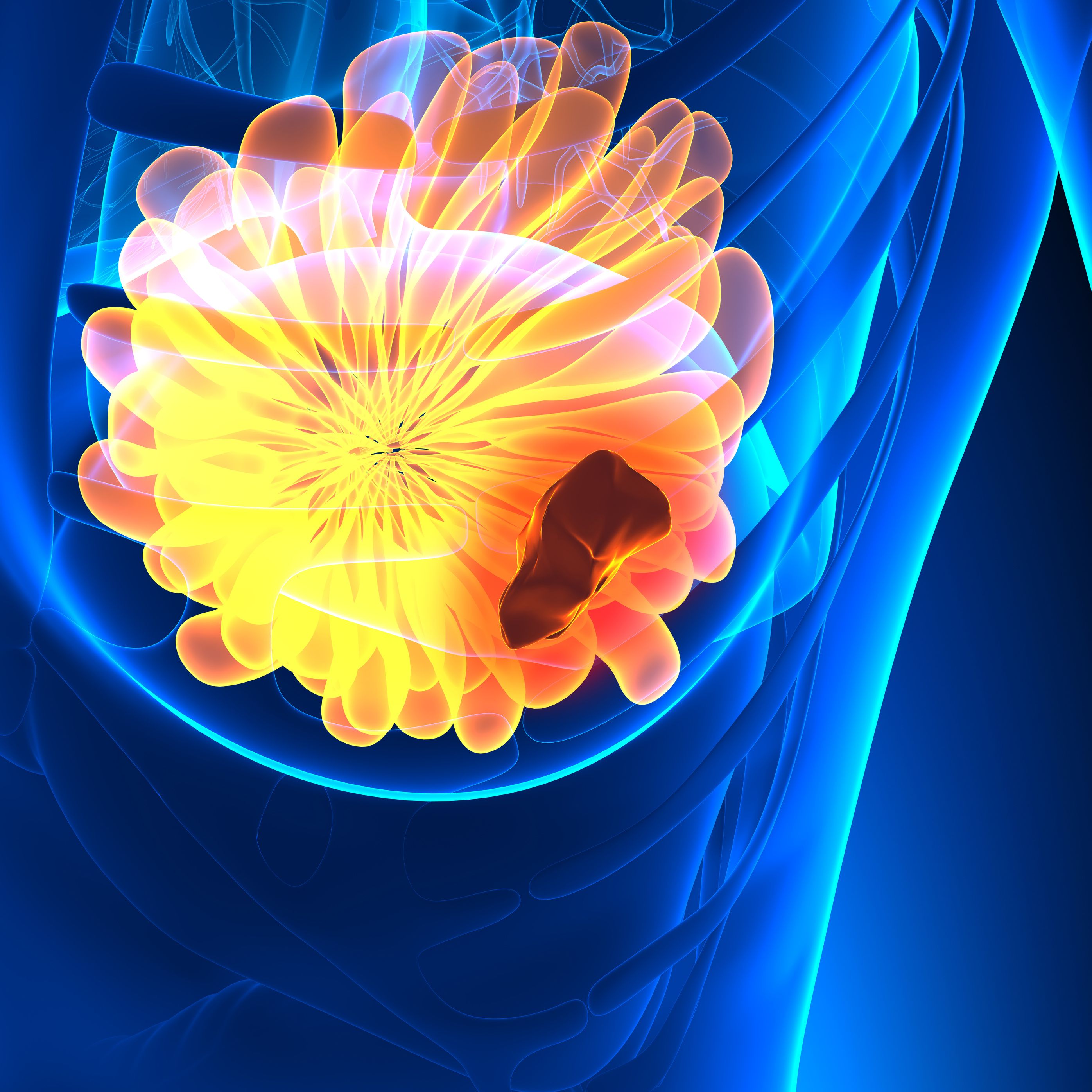
Breast cancer survivors who are minorities or medically underserved appear to experience a benefit in health-related quality of life after taking part in a community-based physical activity program.

Survivorship incorporated into primary cancer care may be more cost effective and lead to better clinical and patient-reported outcomes in patients with breast cancer and other malignancies.
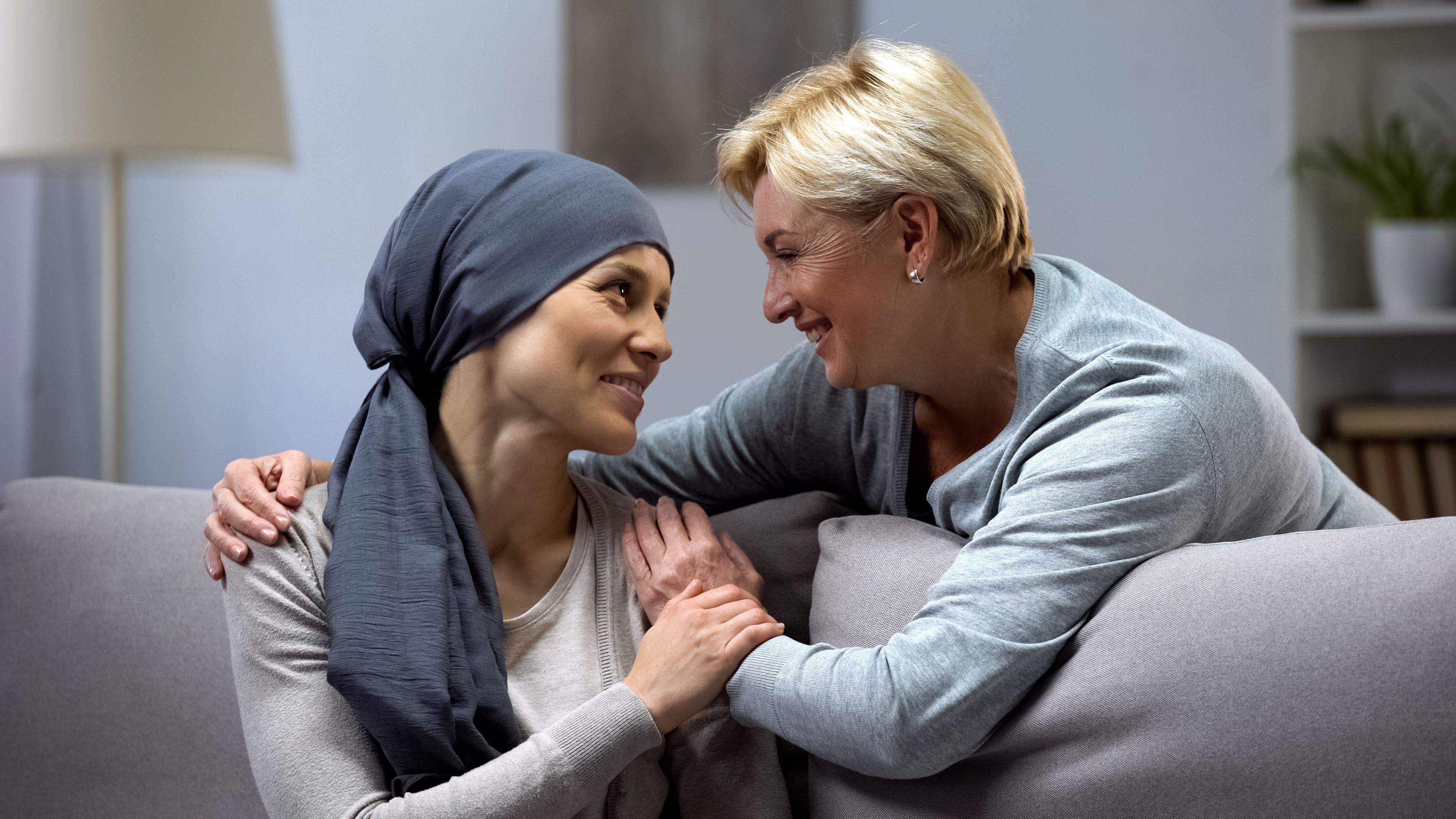
Behavioral interventions were found to help young breast cancer survivors in reducing their depressive symptoms.

A survey of breast cancer survivors in the US showed that “patients were universally affected by COVID in terms of delays in breast cancer care.”